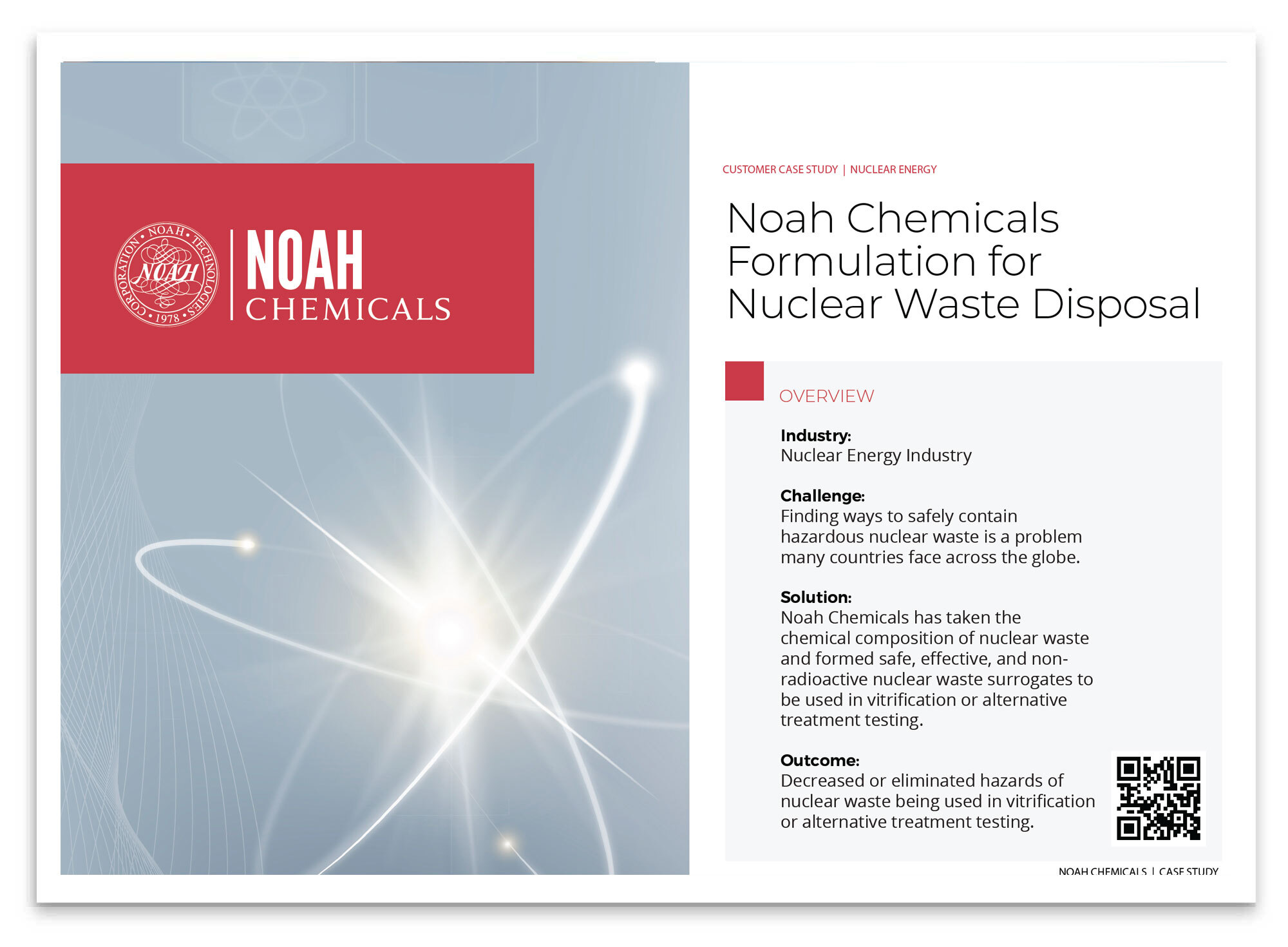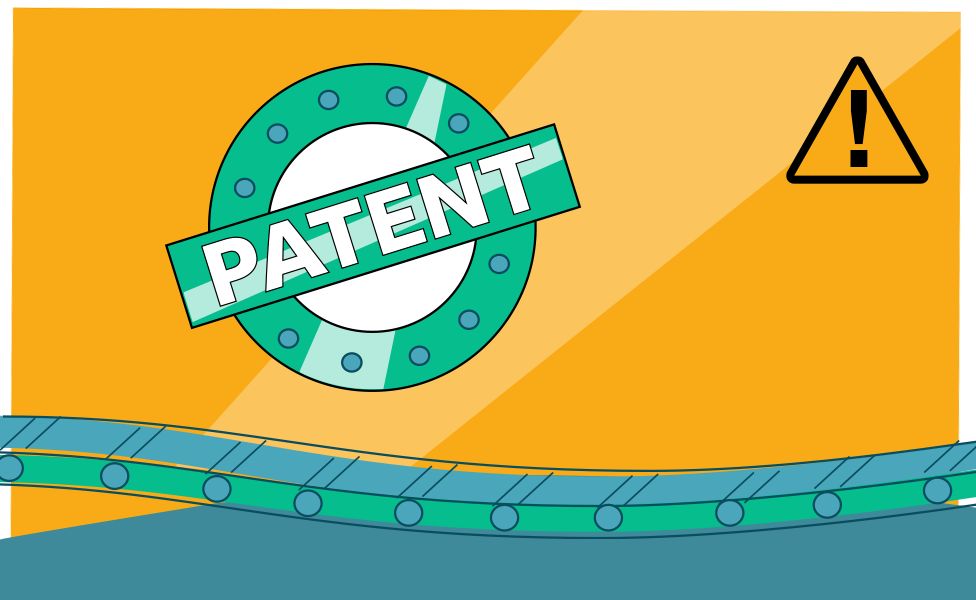EBay's Liability For Banned Chemicals: A Section 230 Case Study

Table of Contents
Section 230, a cornerstone of internet law, generally protects online platforms from liability for user-generated content. It grants immunity to interactive computer services that act as intermediaries, allowing them to host user content without being held responsible for its legality. However, this protection is not absolute, and the lines become blurred when dealing with the sale of illegal goods like banned chemicals on platforms like eBay. This article will examine the legal grey areas surrounding eBay's responsibility in this context.
Section 230 and Online Marketplaces: A Balancing Act
Section 230's core principle lies in its grant of immunity to platforms that act as neutral conduits for user-generated content. It balances the need to protect free speech online with the imperative to prevent illegal activity. However, this immunity is not unlimited. Exceptions exist where platforms actively participate in creating or developing illegal content, or materially contribute to its illegality.
For online marketplaces like eBay, which facilitate transactions between third-party sellers, the application of Section 230 is particularly complex. eBay acts as an intermediary, hosting listings and facilitating payments, but it also employs various mechanisms to moderate content and remove illegal listings. This creates a delicate balance.
- Successful Lawsuits: Cases against platforms like Craigslist for facilitating illegal transactions have shown that Section 230 protection isn't absolute if the platform is deemed to have materially contributed to the illegal activity.
- Section 230 Protection: Conversely, many platforms have successfully invoked Section 230 to avoid liability for user-generated content that violated laws or caused harm, as long as they didn't actively participate in the creation or distribution of that content.
- "Good Samaritan" Clause: This clause encourages platforms to remove illegal content, clarifying that such actions do not waive their Section 230 immunity. This is crucial for eBay's proactive efforts to combat the sale of banned chemicals.
eBay's Policies and Practices Regarding Banned Chemicals
eBay maintains comprehensive policies prohibiting the listing and sale of hazardous and banned chemicals. These policies are detailed, specifying prohibited substances and outlining the consequences for violations. Enforcement relies on a combination of automated systems, which scan listings for keywords and prohibited items, and human moderators who review flagged listings and investigate suspicious activity.
However, the effectiveness of these mechanisms remains a subject of debate. The sheer volume of listings on eBay presents a significant challenge to effective policing.
- Banned Chemicals on eBay: Examples of frequently encountered banned chemicals include certain pesticides, solvents, and heavy metals. (Disclaimer: This list is not exhaustive, and the legality of specific substances may vary by jurisdiction.)
- Proactive Measures: eBay actively employs keyword filtering, image recognition, and machine learning algorithms to identify potentially illegal listings.
- Challenges in Policing: The vast scale of eBay's marketplace, coupled with the constant evolution of illegal listings and methods of circumventing detection, makes comprehensive enforcement exceedingly difficult.
Case Studies: Examining eBay's Legal Precedents
Several legal cases have addressed the issue of eBay's liability for items sold on its platform. Analyzing these cases provides valuable insights into the interpretation and application of Section 230 in this context. These cases often hinge on the level of eBay's knowledge and involvement in the sale of banned chemicals.
- Key Cases and Outcomes: A detailed analysis of specific cases would highlight the court's interpretations of eBay's actions and whether those actions constituted "material contribution" to the illegal activity. (Specific case details would be included here, citing relevant legal documents)
- Legal Reasoning: Court decisions often focus on whether eBay had actual knowledge of the illegal activity, took steps to facilitate it, or failed to take reasonable steps to prevent it.
- Impact on eBay's Policies: Court rulings have influenced eBay's policies and practices, leading to refinements in its enforcement mechanisms and proactive measures.
Future Implications and Potential Legal Reforms
The debate surrounding Section 230 and its application to online marketplaces continues to evolve. Concerns over the sale of illegal goods and the potential for harm necessitate a thorough examination of the current legal framework.
- Arguments for Reform: Proponents of reform argue that Section 230 provides excessive protection to online platforms, allowing them to evade responsibility for illegal activities facilitated on their platforms.
- Alternative Frameworks: Suggestions for alternative legal frameworks include stricter regulations for online marketplaces, increased transparency requirements, and enhanced liability for platforms that fail to adequately address illegal activity.
- Future Legal Challenges: eBay and other online marketplaces are likely to face ongoing legal challenges as the legal landscape continues to adapt to the realities of e-commerce and the challenges it presents.
Conclusion: Understanding eBay's Liability and the Future of Section 230
eBay's liability for banned chemicals sold on its platform remains a complex legal issue, intricately linked to the ambiguities of Section 230. While Section 230 offers significant protection, it doesn't provide absolute immunity. eBay's responsibility depends heavily on the extent of its knowledge, involvement, and actions (or inaction) in relation to illegal listings. The ongoing debate surrounding Section 230 underscores the need for a more nuanced approach to regulating online marketplaces.
To better understand the implications of eBay's liability for banned chemicals and the future of online marketplace regulation, further research into specific case law, ongoing legislative proposals, and the evolving legal interpretation of Section 230 is crucial. Take the time to explore these resources and contribute to the ongoing dialogue surrounding this critical issue.

Featured Posts
-
 Manchester United Players Trustworthiness Challenged By Amorims Remarks
May 30, 2025
Manchester United Players Trustworthiness Challenged By Amorims Remarks
May 30, 2025 -
 Perbedaan Harga Kawasaki Z900 Dan Z900 Se Indonesia Vs Pasar Global
May 30, 2025
Perbedaan Harga Kawasaki Z900 Dan Z900 Se Indonesia Vs Pasar Global
May 30, 2025 -
 Augsburg Analyse Und Kommentar Zum Trainerwechsel
May 30, 2025
Augsburg Analyse Und Kommentar Zum Trainerwechsel
May 30, 2025 -
 The Vaccine Packaging Markets Explosive Expansion
May 30, 2025
The Vaccine Packaging Markets Explosive Expansion
May 30, 2025 -
 Olokliromenos Odigos Tileoptikon Metadoseon 11 5
May 30, 2025
Olokliromenos Odigos Tileoptikon Metadoseon 11 5
May 30, 2025
